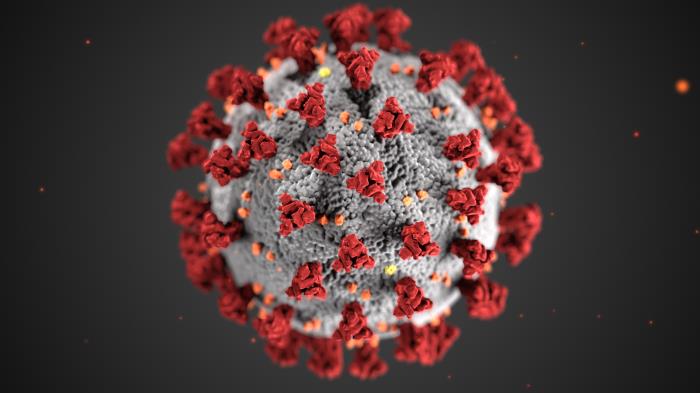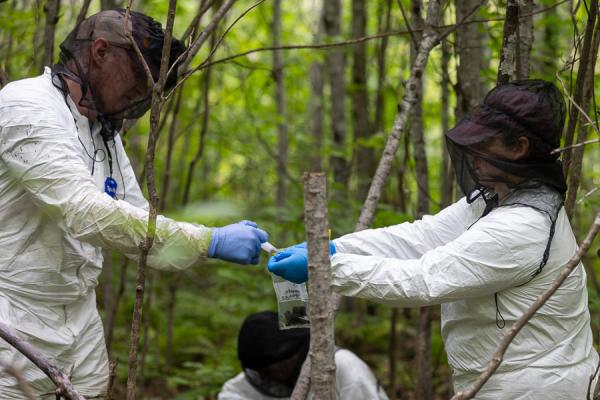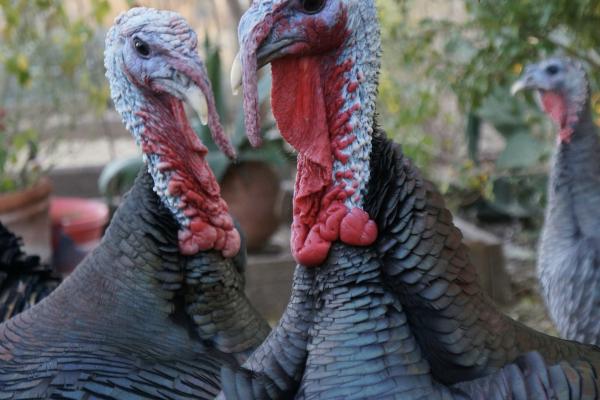Research roundup: Pet cats more susceptible to coronavirus infection than pet dogs in early-pandemic Minnesota
June 22, 2021

Cats were more susceptible than dogs to natural infection of SARS-CoV-2, the virus that causes COVID-19, during the early months of disease spread in Minnesota, according to new University of Minnesota research published this month in the journal Virulence.
Because companion animals can be the source of a range of infectious diseases, determining how susceptible the two most popular pet species in the United States are to natural infection of SARS-CoV-2—and how prevalent the disease might be among them—could have significant impacts for both human and animal health.
In the study, conducted by College of Veterinary Medicine researchers led by Hinh Ly, MA, PhD, and Yuying Liang, MS, PhD, samples from archived blood serum—collected from 239 cats and 510 dogs taken to the University’s Veterinary Medical Center for routine diagnostic tests between mid-April and mid-June of 2020—were screened for evidence of SARS-CoV-2 exposure. No identifiable pet or owner information was available to the researchers, and the pets’ owners consented to the use of the samples in the study.
Researchers developed two new serological tests to look for the presence of antibodies as evidence of past exposure to the virus. They found that 8 percent of the cats and fewer than 1 percent of the dogs tested positive for the antibodies, and that the tests were sensitive; they were able to accurately detect the SARS-CoV-2 virus as opposed to other common coronaviruses known to infect pets.
The team is currently performing a similar, follow-up study covering the latter months of 2020, when the positivity rate of human COVID-19 cases was near peak in Minnesota. The results, which are pending release, show the companion animals are susceptible to natural SARS-CoV-2 infection. The researchers say the results will help clarify the prevalence of cross-species transmission of this coronavirus among pets and their owners.
This research was funded in part by the University’s Office of Academic and Clinical Affairs via the COVID-19 Rapid Response Grant program. The Liang-Ly lab has significant experience in coronavirus research, virus-host interactions, microbiology, and biotechnology, and has received seven grants through the Rapid Response program to further COVID-19 research.
The COVID-19 pandemic has had profound health, economic, and social impacts on a global scale since it emerged in Wuhan, China, in late 2019.
Read the paper here.


